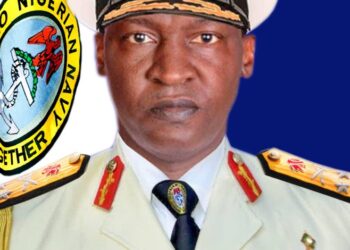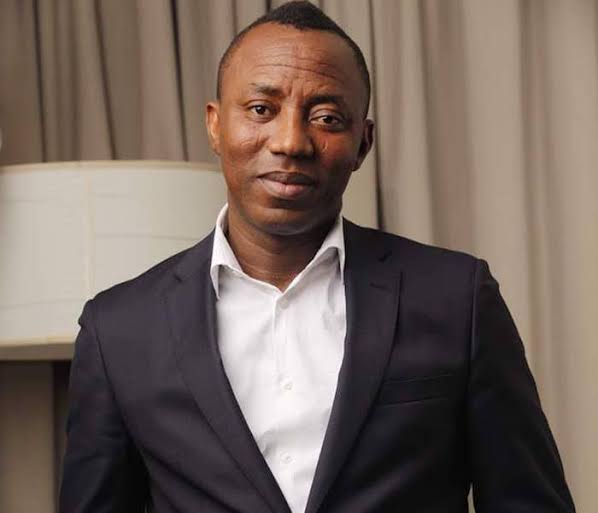The Nigerian Broadcasting Corporation (NBC) recently banned Tell Your Papa, a protest song by veteran rapper Eedris Abdulkareem. The track criticizes Nigeria’s worsening economic crisis and directly addresses Seyi Tinubu, son of President Bola Tinubu. Citing the song’s “objectionable content,” NBC prohibited it from airing on radio and television, a decision that has triggered widespread outrage.
Soyinka Responds with Sharp Irony
Reacting to the ban, Nobel Laureate Professor Wole Soyinka issued a statement titled Surely, Not Again, where he used biting irony to condemn the government’s actions. He mockingly suggested that not only should the song be banned, but the artist and his musical association should also be outlawed. Soyinka even extended his satire to cartoonist Ebun Aleshinloye, who criticized the ban through a viral illustration.
Soyinka expressed deep concern about what he sees as a return to censorship. He emphasized that suppressing critical voices threatens democratic values. Although he hasn’t listened to the song yet, he believes the government should protect, not punish, artistic and political expression.
Interestingly, Soyinka noted that the ban has only amplified interest in the song. “Thanks to the government’s free promotion, Abdulkareem is likely singing his way to the bank,” he said. The unintended publicity, he argued, has helped the artist reach more listeners.
Nigeria’s Long History of Silencing Dissent
Drawing from past experiences, Soyinka warned that clamping down on critical voices often leads to broader suppression. He recalled incidents where government officials used judicial systems to harass, arrest, and detain social critics. Religious authorities have also targeted artists and intellectuals for expressing independent ideas.
Call for Accountability and Free Expression
Soyinka urged the Tinubu administration to reconsider its stance. “A government that only listens to praise-singers is on a path to decline,” he said. He called on regulatory bodies to reverse the ban and uphold the constitutional right to free speech for all Nigerians.
Promoting a Culture of Inclusion and Dialogue
In closing, Soyinka encouraged leaders to foster open dialogue and embrace diverse viewpoints. Inclusive governance, he argued, means respecting every citizen’s voice, especially those that challenge the status quo. Suppressing criticism doesn’t build a stronger nation; listening and responding thoughtfully does.












